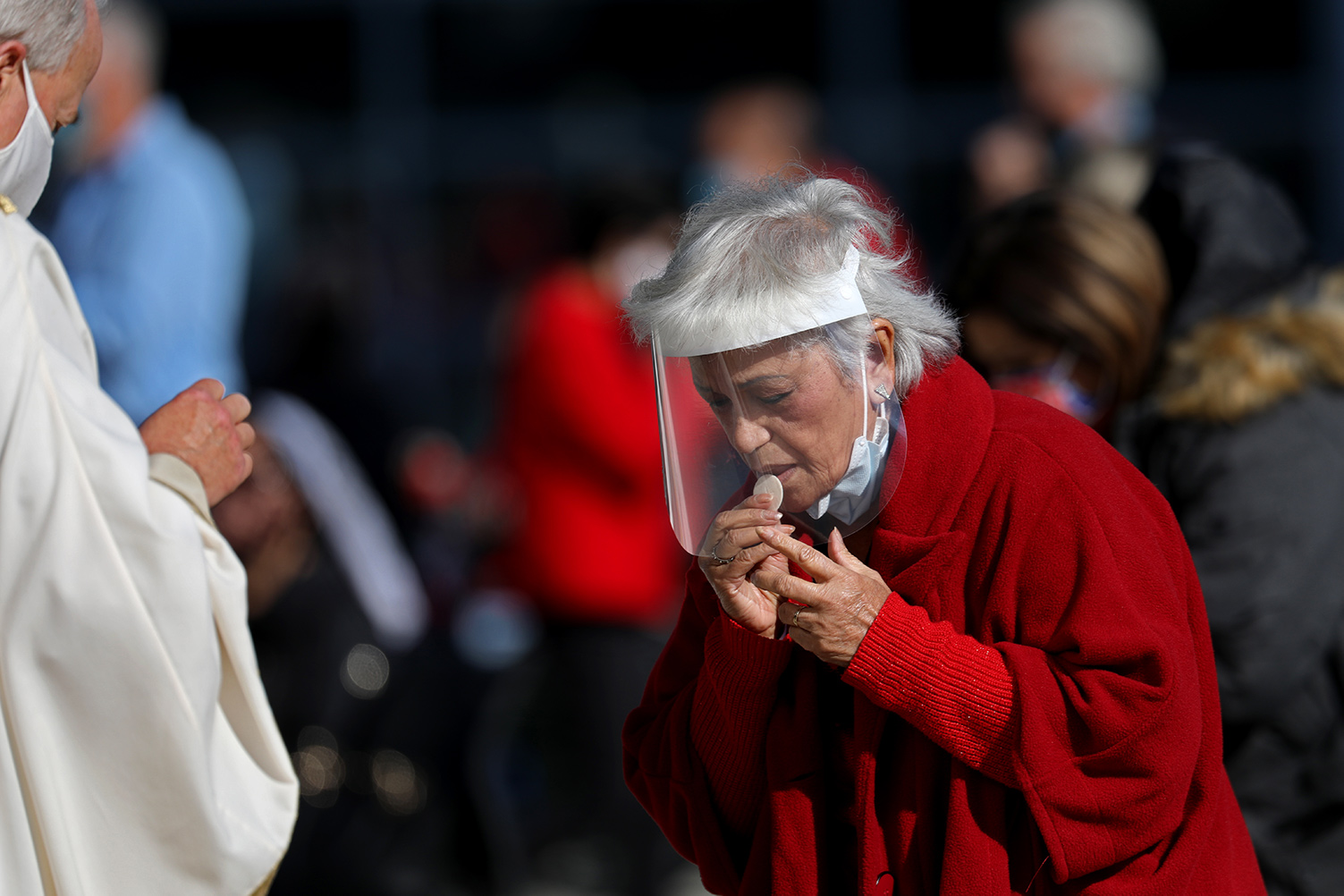This Week’s Guest: Joel Kotkin
Many of this podcast’s guests, especially the rabbis and religious leaders, tend to look at the world from a traditional and Orthodox orientation. But this week’s guest is—at least professionally—an outsider to that world. Joel Kotkin is not a rabbi or theologian but a social scientist, one who has lately turned his attention to the world of religion.
Kotkin recently published an essay in Quillette called “God and the Pandemic.” This week he joins Mosaic’s editor Jonathan Silver to talk about that essay, and to assess what’s happening in American religious culture as the pandemic continues to take its toll. Kotkin, looking at religious life empirically, examines the role of technology and human adaptability in the present religious environment, and he tries to think about the long-term effects COVID-19 will have on synagogues, churches, mosques, and other religious communities across the country.
Musical selections in this podcast are drawn from the Quintet for Clarinet and Strings, op. 31a, composed by Paul Ben-Haim and performed by the ARC Ensemble.
Excerpt (6:13-8:10):
I think we’re just seeing a redefinition of community. It’s not just in religion, but it’s very interesting that it applies to religion. I also think, by the way, that the younger generation is just going to have a different sense of what religion means. Wade Ruth made this comment about spiritual grazing, that people will gravitate to one specific form of religion with one orientation, and then in doing interviews I ran into a woman who was into nature–Judaism, somebody from Boulder, Colorado. You certainly have Jewish institutions that are aimed at gay people or aimed at more conservative people or aimed at something else. We’ve become in some sense autonomous individuals with our own sense of who we are, and those are very often confections of several other identities. Somebody can say I’m a feminist, I’m Jewish from North Africa, I’m a doctor, I’m an environmentalist, I believe in the kabbalah―you get these composites of people, and they really can’t be served in most cases by traditional institutions.
And so in the Jewish community what I found, and in others as well, was a lack of money. The basis of Judaism in America for instance has been contributions for temple memberships. Well temple memberships have been going down for years. In the piece I talk about the number of synagogues that are gone. I’ve been to many synagogues that you could almost call them ghost synagogues. I remember I went to a friend’s wedding many years ago and that temple couldn’t have had more than fifteen people on Saturday morning. Some of them are really the walking dead, they’re not going to be there in ten years.
More about: American Religion, Coronavirus, Politics & Current Affairs







